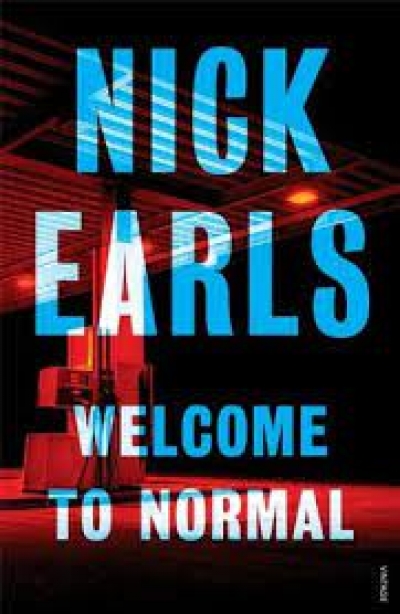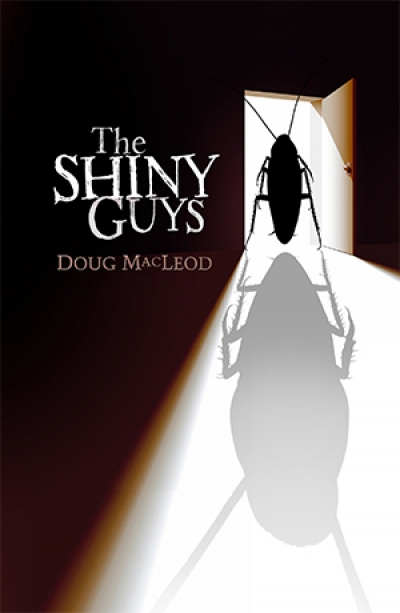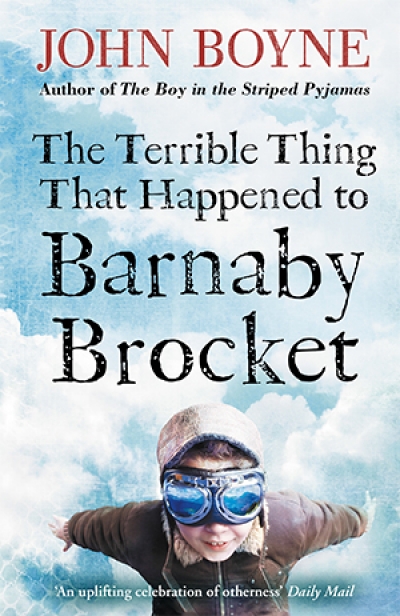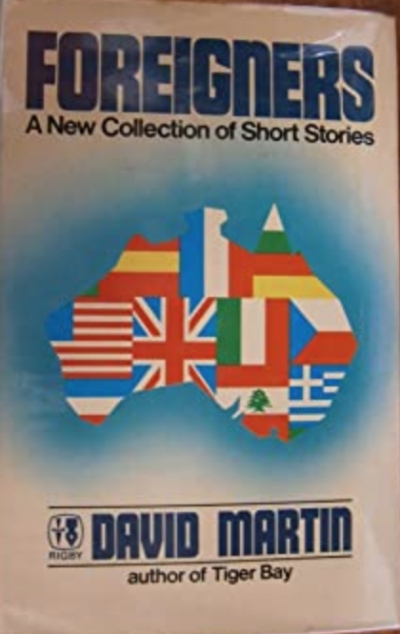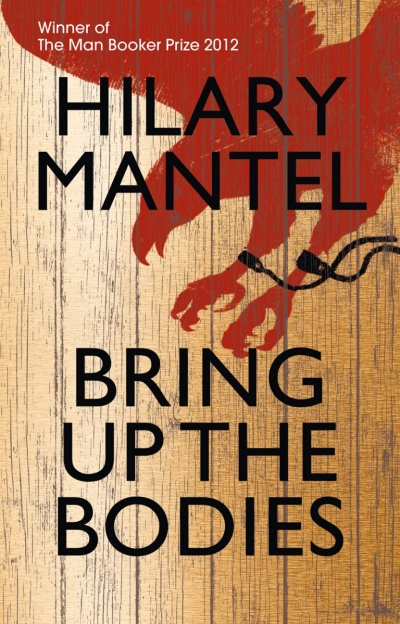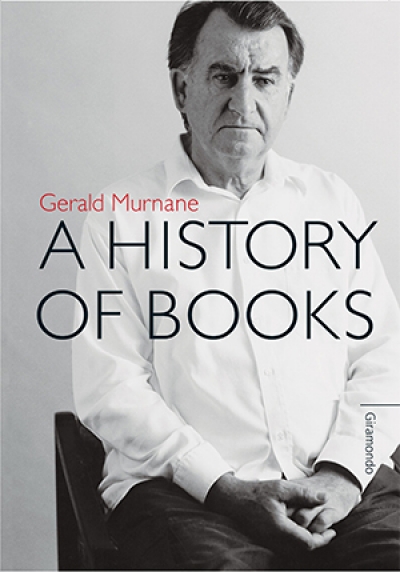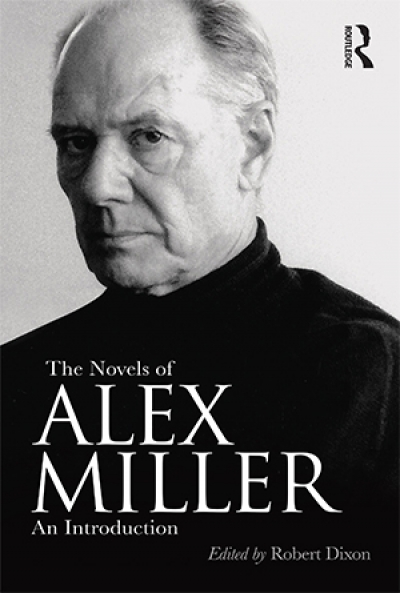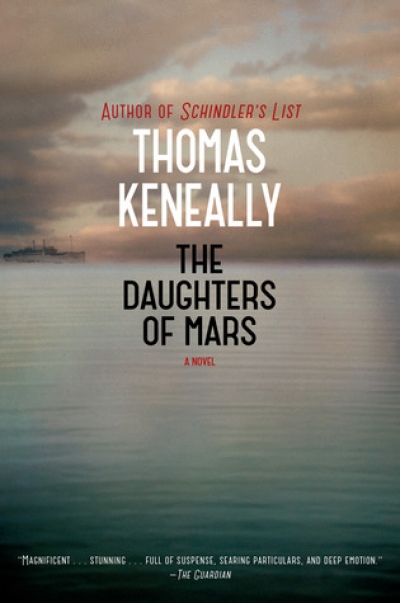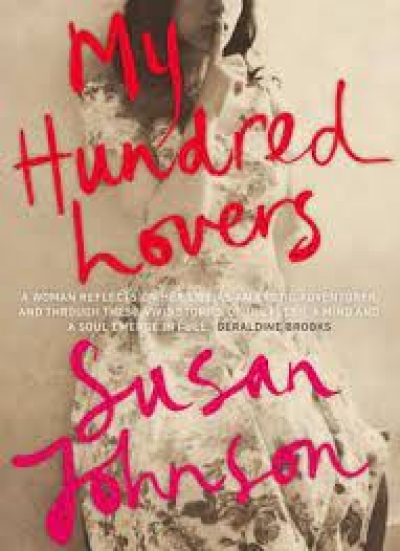Fiction
Wheen asked why his later writing had taken on such a different character, Eugenio Montale explained that this was because it came from la retrobottega – literally, from the back of the shop – that place where an artist might unhurriedly conduct a private experiment or two. Something similar might be said of Welcome to Normal, the first collection of stories by Nick Earls in more than a decade. Earls is, of course, well known for his cheerful novels about young Brisbane schlemiels and their tribulations of the heart (though the author must by now grit his teeth every time the label ‘lad lit’ is misleadingly appended to his work). These latest stories suggest an altogether different trajectory for his fiction, one that is more ambivalent, more serious, and much closer to the world we call real.
... (read more)Pam Macintyre reviews 'Preloved' by Shirley Marr, 'Night Beach' by Kirsty Eagar and 'The Messenger Bird' by Rosanne Hawke
Adolescent girls aged sixteen to seventeen are at the centre of these three Young Adult novels: girls whose heightened emotional states prompt supernatural events. Broken families, disconnection from parents, obsession, music, art, and death impel the protagonists to seek solace and healing in the metaphysical. For Shirley Marr (Black Dog Books, $18.95 pb, 272 pp, 9781742031903), it is the Chinese understanding of the ‘preloved’ and their resonance in the present that engenders the attractive ghost Logan. For Kirsty Eagar (Penguin, $19.95 pb, 314 pp, 9780143206552) it is the creative impulse, the painter’s obsession with ‘seeing’ beyond the surface of things, that evokes the dark landscape in which Abbie struggles for meaning. For Rosanne Hawke (University of Queensland Press, $19.95 pb, 252 pp, 9780702238826), it is profound grief following the death of the protagonist’s brother.
... (read more)The Shiny Guys, quite a departure from Doug MacLeod’s usually quite light-hearted work, is nonetheless a real success. This foray into the world of mental illness and treatment calls to mind, and even refers directly to, complex works such as The Castle and One Flew over the Cuckoo’s Nest. A book about fear, uncertainty, and suffering, it is rich in complexities but perfectly told for its young adult audience.
... (read more)The Terrible Thing That Happened to Barnaby Brocket by John Boyne
A midnight birth on a Friday is the first suggestion that Barnaby Brocket is not an ordinary arrival. Seconds later, baby Barnaby slips through the doctor’s hands and floats towards the ceiling. For his parents, Eleanor and Alistair, life until this point has been satisfyingly normal, with ‘no time for people who were unusual or who made a show of themselves in public’. Barnaby’s airborne ways leave his family ashamed. Being different is the worst thing in the world.
... (read more)Foreigners: A new collection of short stories by David Martin
The novelist’s art is wide ranging; he is concerned with a multitude of things that comprise the fabric of his book. The short story writer, however, is concerned with one thing that implies many, since singularity and intensity are the essence of his art. The best short story writers depend on a marked personal attitude and this is the distinguishing characteristic of David Martin’s second collection of stories whose common denominator is his compassionate understanding of the problems of New Australians.
... (read more)Royals, it seems, have their tenacious uses, often fictive. Contemporaries such as Alan Bennett and Edward St Aubyn have deployed them. One hundred years ago, Ford Madox Ford wrote his singular trilogy (1906–08) about Katharine Howard, The Fifth Queen of Henry VIII. Now the esteemed novelist and memoirist Hilary Mantel returns to the Tudor world, again with revisionist intent.
... (read more)The autobiography, that seemingly inevitable act of self-revelation, is frequently a work tricked out with very little art. For the novelist, unlike the anecdote-disposing musician or painter, the problem is doubled: they are making a home with the same tools. Rare is the autobiography that, like Nabokov’s Speak, Memory (1951) or Martin Amis’s Experience (2001), speaks in the voice of the working artist, similarly lush or distinctive – the same register, that same unmistakable snap and hum. Too often a plainer style is attempted: the unadorned truth, as it were, after so many convincing lies. But what happens when, at some crucial point in a writer’s oeuvre, the distinction between fact and fiction – or, to use the market’s terms, fiction and non-fiction – becomes a useless one? Gerald Murnane has always been a deeply autobiographical writer – he once famously claimed to possess no imagination, which would seem to make memoir of any kind a default position – and his latest work of fiction, A History of Books, renders the distinction more useless than ever.
... (read more)As creative writing programs continue to surge in popularity, it has become something of an uphill battle to recruit students for literature courses in universities. In an environment overstocked with would-be writers fixated on the image of a potential publisher whose own field of vision is a mass of BookScan figures, a collection of critical essays on a literary writer has something of an ambassadorial role to play. Can those who profess an interest in books and writing be persuaded that there is value in complex engagements with context and tradition, form, and theme?
... (read more)Balancing the big picture with the intimate details that engage us when reading a novel is not easy. This latest book from veteran Australian author Tom Keneally is epic in scope, but takes us into the intimate worlds of particular people. This is the way to tell a story about an event as mammoth as World War I. Keneally, the author of Schindler’s Ark (1982) and many other fine works of fiction and non-fiction, knows this well and has done it many times before. This time around, though, the story is overwhelmed by the attention to detail on which he obviously prides himself.
... (read more)Why is the measure of love loss? As I worked my way through the hundred vignettes that comprise My Hundred Lovers, my thoughts kept returning to this first line of a novel by Jeanette Winterson that is similarly preoccupied with the interlinking of the body, love, sex, and death. My Hundred Lovers is the story of a life rendered as a litany of bodily memories. The twin-faced abstractions of desire and loss have lured and impelled the narrator through her worldly existence; this is a journey of self-formation made through metaphors of desire and dissolution.
... (read more)

